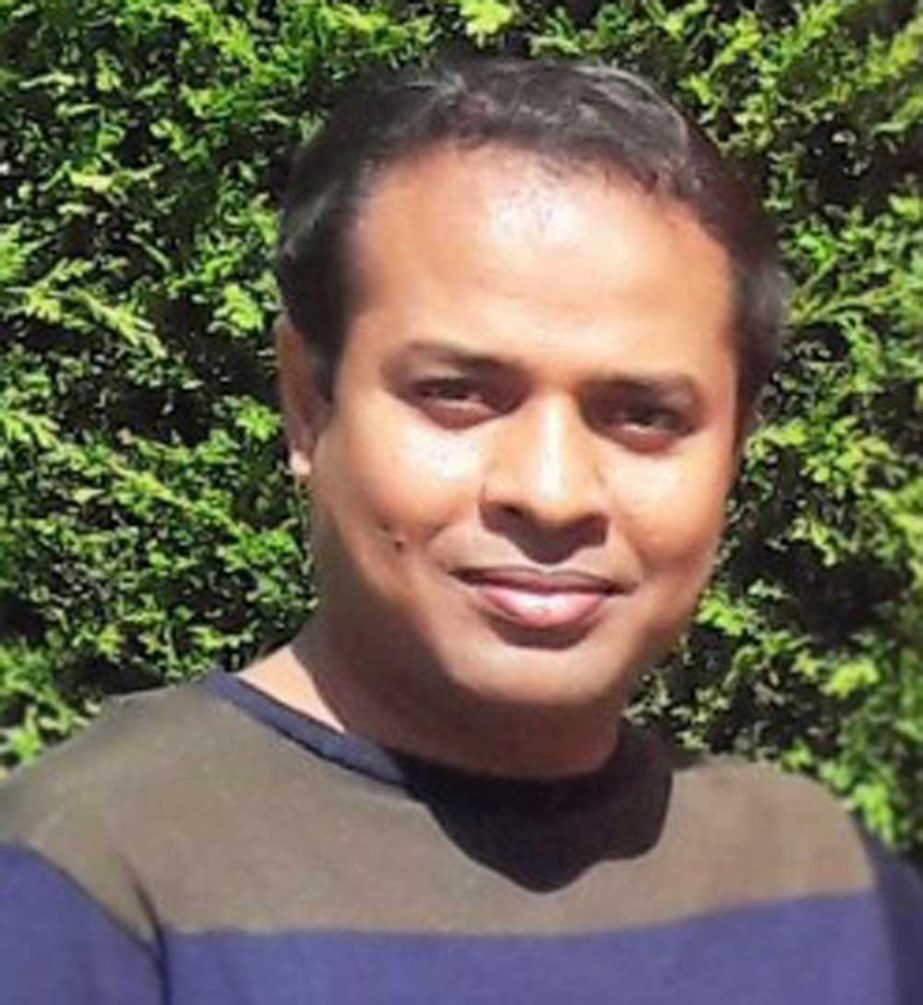
Dr. Muhammad Badrul Hasan ;
It is hard to believe that in the midst of the technological advancement of the 21st century, around 61 million people worldwide are deprived of their right to safe drinking water (WHO and UNICEF Joint Monitoring Program, 2021). As 1 in 10 people in the world is living a miserable life due to lack of potable water, the World Water Forum has declared the crisis of pure water as one of the top 5 global risks to society.
The fresh drinking water crisis is becoming more pronounced in Bangladesh also day by day due to overpopulation, rapid industrialization, unplanned urbanization and the effects of climate change. According to the “Ground Water Zoning Map” (2020) of the Bangladesh Agriculture Development Corporation, 192 Upazilas (sub-districts) in 41 districts of the country have experienced severe water crisis. According to the United Nations Children’s Fund report (2020), about 68 million people in the country do not have access to safe drinking water. As a result of unplanned urbanization and industrial activities, the city’s surface and ground water are being polluted at an alarming rate. Although most of the people in these cities meet their water needs through tube wells, it is hardly possible to take this water without purification. In this case, the condition of the people in the marginal and coastal areas of the country is more deplorable. As a result of rising sea level due to the effects of climate change, saline sea water is gradually entering the locality. The sources of potable water in all these areas are being destroyed that is intensifying drinking water crisis. According to the report (2019) of the local NGO “Uttaran”, 67pc of the families in only Mongla upazila of Bagerhat district are in dire need of potable water. At least 5 million people are in dire need of drinking water in various villages of several upazilas of Satkhira, Khulna and Bagerhat in the south-west coastal region.
However, a large portion of the total population of Bangladesh is still deprived of access to potable water. Water experts believe that in order to ensure sustainable service of drinking water infrastructures, it is necessary to pay equal attention to three factors such as 1) quality of technology 2) geological location and 3) good governance. While in Bangladesh the emphasis is on the first two issues i.e. technical aspects and geological issue, unfortunately less emphasis is given on good governance aspect. Since the nineties, like other developing countries of the world, Bangladesh has been following the “community management” model for ensuring proper management of drinking water infrastructures. One of my recent research projects conducted on why drinking water infrastructures are not sustainable in the south-west areas of the country revealed the limitations of the “community management” model. The study found that when these drinking water infrastructural initiatives are taken by the government or non-government organizations (NGOs), the issue of public involvement from the planning to implementation stage is not seriously considered. As a result, people, on the one hand, do not have the right knowledge about those initiative, they do not seem to be very interested in caring for or maintaining the infrastructure, on the other.
Due to political ideological differences, dominance of local influential, unequal socio-economic status, etc. there is very little joint effort among the people to operate and maintain water infrastructure. Thus, the drinking water infrastructures are losing their viability within very short period of time of their installation and sustainable supply of potable water is not being ensured. In my recent research conducted on how to make water infrastructures sustainable in the south-western coastal Bangladesh, the “Community Management Plus” model appears to be significant. For ensuring good water governance this model requires a spirit of collective action or team work among the beneficiaries to operate and maintain their drinking water infrastructure on one hand, and collaboration from government or non-government organizations (NGOs) in terms of monitoring, financial assistance, technical and institutional support on the other.
Let’s cut the water concern with the joint efforts of the government and the people. This is our wish on this World Water Day.
(Dr. Muhammad Badrul Hasan is Assistant Professor, Department of Political Science, University of Dhaka).

